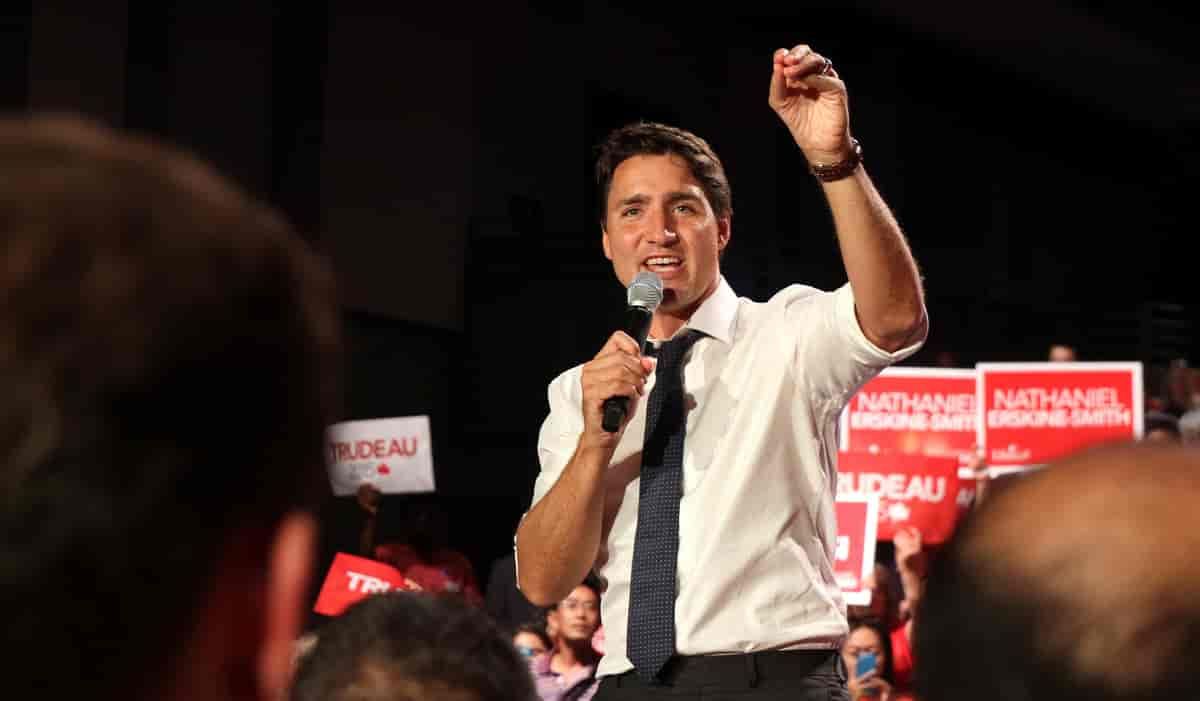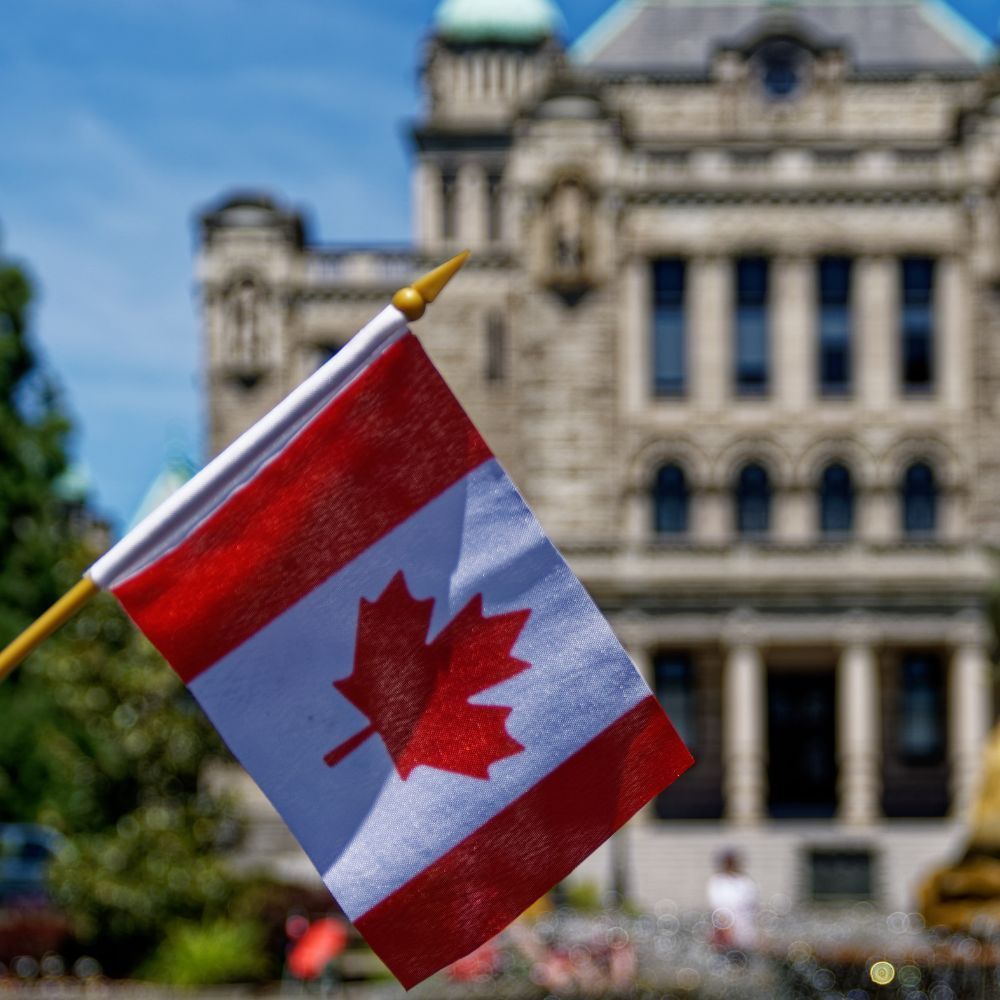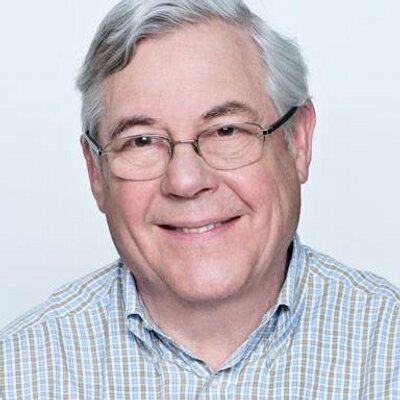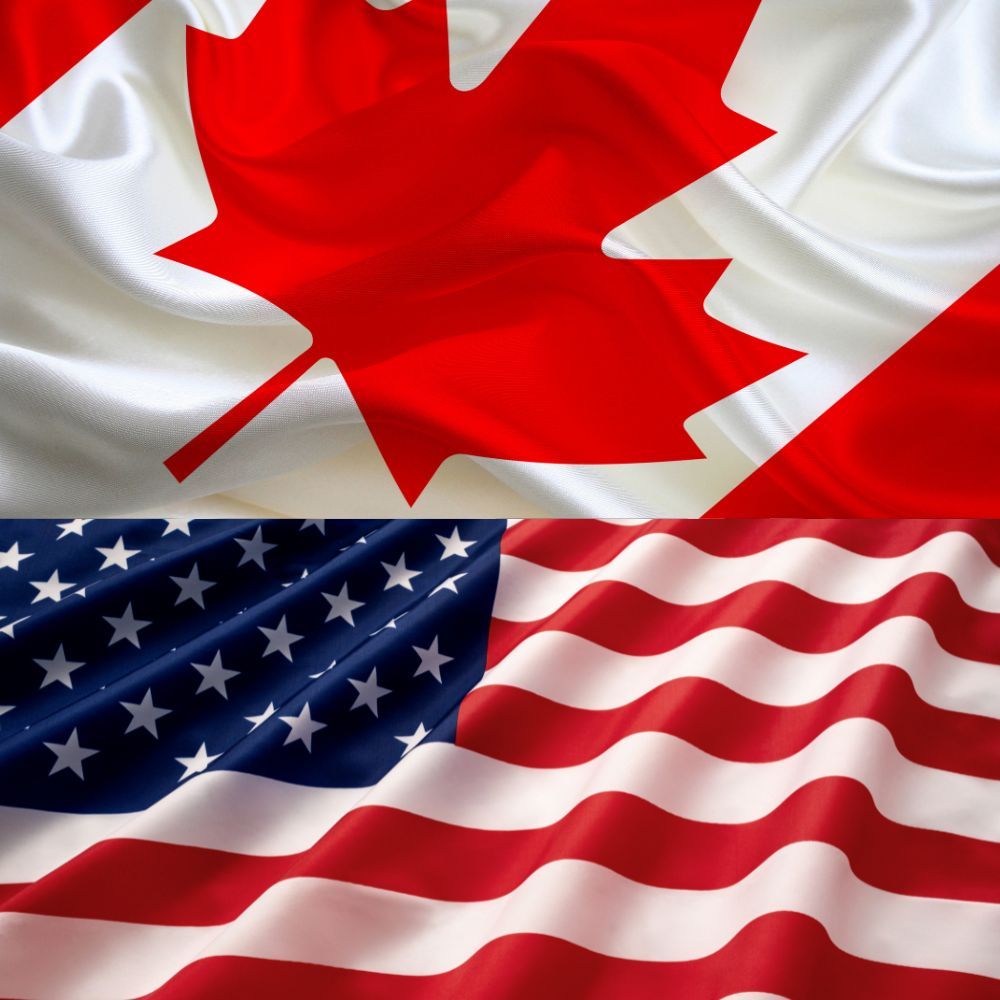Should He Stay or Should He Go? Justin Trudeau's Political Future
Justin Trudeau faces two more years of tough sledding with every
week bringing a new reputational challenge.

Recently trying to live down the latest demeaning revelation - whether about his father’s foundation, admitting he will never meet the 2% NATO promise of military spending, or the looming necessity of addressing Chinese election and political interference. Add to this the unrelenting attacks by Pierre Poliviere who assigns blame directly to Trudeau for anything “broken” in Canada, neatly blasted out in well-produced videos and daily in the House at high volume. One pundit said Trudeau suffers from being the “overexposed lightning rod” for everything going wrong in this country.
The question for the next two years is how this negativity will weigh on the now 50-year-old leader and have him considering whether or not to run for a fourth term.
Coronation week has not only seen Charles III crowned but at the concurrent Liberal Convention Justin Trudeau won’t be re-crowned but there will not be a whisper of opposition to his ongoing expensive prosperity, sustainability and inclusionary agenda.
Not a sigh about the fact he is quoted as saying Canada will not meet its NATO military funding objectives and is unlikely to meet its ambitious net-zero emissions target by 2050.
Nor will there be much probing about leaving a popular Conservative MP Michael Chong uninformed when a leaked CSIS document showed his Hong Kong family targeted by the Chinese government.
No, all is well in Liberal-land and the fact that defeated Presidential candidate Hillary Clinton was interviewed by possible Liberal leadership candidate Chrystia Freeland and other possibilities are relatively rookie Cabinet Ministers hardly constitutes a reason for Justin Trudeau to lose much sleep.
It has been said by every known pundit that the Liberal party is his party now. In his image and his values. He is still the best retail politician in Canada with (unlike his father) a genuine ability to connect to anyone.
And yet he is more than aware of his unpopularity with a large segment of the population, growing out originally from his tough vaccine mandates, and intolerance for the Ottawa convoy and what it stood for. And he is officially reviled in Alberta and Saskatchewan.
My close female colleague did media relations through David Peterson’s 1990 campaign in Ontario when he lost to the NDP. There were protests at nearly every stop, forcing Peterson to sneak in back doors and up service elevators. It was very stressful for her and police, and damaging to the campaign. On TV, the rowdy protesters made him look uncomfortable and unpopular – which he was.
Trudeau experienced the same challenges in the last campaign. Campaign planners were unable to publicize events to keep gangs from following the tour. The famous stone thrower is just now going to court. It is inevitable that he will face the same demonstrations whenever we go to the polls again.
It is important to remember that politicians are human and much as leaders like the perks, the constant nastiness, attacks and criticisms do get to them. I was with his father when he resigned after the 1979 defeat. He actually teared up on the way to the press theater where he told the gallery that they would not have him to kick around anymore.
Justin’s family is still relatively young, his daughter is 14 and his younger son is 9. How many powerful leaders have I told to say they are retiring to spend more time with their family? It’s a tried and true line and you never know if a beleaguered Justin Trudeau may be tempted to use it one day. Particularly if he felt
he was the issue in ensuring a Liberal victory in the next election.
Yes - he has said he will stay and fight the next election, and no doubt relishes clobbering the outrageous Poliviere. The latter’s video collection of ridiculous outbursts will make amazing negative ads. But remember, no leader would make himself a lame duck by even hinting at thinking about retirement months and months before a possible election.
I know it’s possible the “coalition “ with the NDP may break down forcing an earlier election than currently expected. In this case he would have no choice but to run. But the expected election in October 2025 on the other hand does give Justin a chance to think of his future and perhaps take a walk in the snow like his dad that winter. Have he and his family had enough? That’s the question and while we don’t know we can speculate on conversations between Justin and his wife as the latest horror for him or his government breaks in the media, and Poliviere continues to blame all the country’s woes on him.
He does talk a good talk about long term goals which could take another term to see through. They rolled off his tongue with ease in a recent interview at the Council on Foreign Relations in New York. He said that despite the weight of uncertainty in the world, we were at an “inflection point’… there is a good path forward that can create good middle class jobs.” He used the VW battery plant as an example of how the strength of Canadian workers and activist governments working together could build a better future.
We all yearn for the economy and our individual fortunes to turn around. They may slowly as we approach 2025. Can Justin and his government muster the industrial housing and health polices to give us hope? If he is sure he can, he will likely run again. He knows that the Canada we are looking at now is no legacy.
Patrick Gossage Insider Political Views




